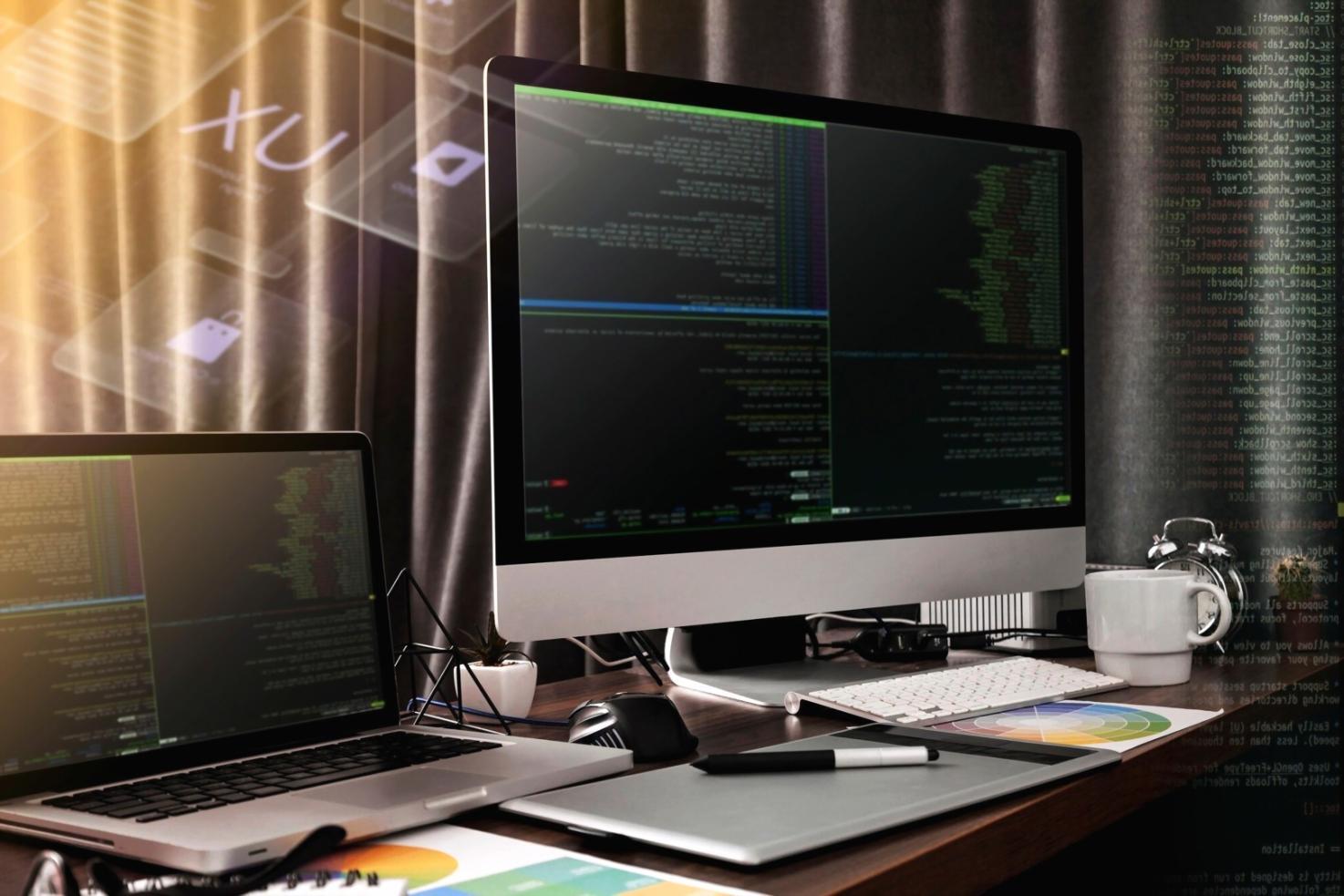Building Games With Real Tools
We focus on practical skills that matter. You'll work with the same frameworks and engines that professional studios rely on every day. No shortcuts or outdated methods—just solid training that prepares you for how things actually get done in mobile game development.
What You'll Actually Learn
Our curriculum centers on technologies that hiring managers look for. These aren't experimental tools—they're proven platforms with active communities and plenty of job opportunities.
Unity & C#
Most social casino games run on Unity. We teach you C# scripting, asset management, and optimization techniques specific to mobile platforms. By the end, you'll understand how to build smooth-running games that don't drain batteries.
HTML5 Canvas
Browser-based games need different skills. You'll learn Canvas API, sprite animation, and responsive design that works across devices. It's lighter than Unity for certain projects and opens different career paths.
Phaser Framework
For JavaScript developers, Phaser offers a fast route into game development. We cover physics systems, input handling, and asset loading—all the practical stuff that makes games feel responsive and polished.
UI/UX Design Tools
Game interfaces need special attention. You'll work with Figma and Adobe XD to create mockups, then learn how to implement them efficiently. Good UI can make or break player retention, so we spend real time here.
Version Control
Git isn't optional anymore. We integrate it from day one so you get comfortable with branching, merging, and collaboration workflows. Studios expect this, and it'll save you from countless headaches.
Analytics Integration
Understanding player behavior matters. You'll implement basic analytics tracking and learn to interpret the data. It's not glamorous, but it's what separates hobby projects from professional work.
Hands-On Projects From Week One
Theory only gets you so far. That's why every module includes building something real. Your first project might be simple—a slot machine prototype with basic spin mechanics. But you'll actually deploy it and see how all the pieces connect.
Later projects get more complex. You'll add multiplayer features, implement reward systems, and optimize performance. Each one goes into your portfolio with real code you can show employers.
We provide starter templates and reference implementations, but you'll write most of the code yourself. That's how you actually learn—by making mistakes, fixing them, and understanding why things work the way they do.

How The Program Unfolds
We've structured the curriculum to build skills progressively. Each phase assumes you've mastered the previous one, so skipping ahead usually backfires.
Foundation Phase (Months 1-2)
Programming basics if you need them, then straight into game loops and rendering. You'll build a simple card game and a basic slot interface. Lots of repetition here until the patterns stick.
Intermediate Skills (Months 3-4)
Animation systems, sound integration, and state management. Projects get bigger—you'll create a multi-screen game with save functionality and settings. This is where things start feeling like actual game development.
Advanced Techniques (Months 5-6)
Performance optimization, memory management, and platform-specific challenges. You'll refactor earlier projects to run better and learn debugging strategies for mobile devices.
Portfolio Development (Months 7-8)
Polish your best work and prepare for job applications. We review your code, suggest improvements, and help you document everything properly. Your portfolio needs to show not just finished games, but clean, maintainable code.

Live Workshops Every Month
Video tutorials are fine, but nothing beats watching someone code in real-time and asking questions immediately. We run monthly workshops where instructors build features from scratch while explaining their decisions.
Past workshops have covered topics like implementing gacha mechanics, designing progression systems, and optimizing asset loading. They're recorded, but attending live means you can request clarification or suggest alternative approaches.
- Small groups of 15-20 students maximum
- Two-hour sessions with dedicated Q&A time
- Real debugging sessions when things break
- Code reviews of student submissions
- Next batch starts October 2025
Who Teaches This Stuff
Our instructors currently work in game development or recently did. They know what skills studios actually need because they're using them daily.

Rohan Deshmukh
Unity SpecialistSpent six years at mobile gaming studios in Pune before transitioning to education. He teaches our Unity modules and has strong opinions about code organization that'll save you future headaches.

Priya Kulkarni
UI/UX LeadDesigned interfaces for several popular casino games you've probably seen. Her approach focuses on player psychology and making complex systems feel intuitive. Expects high standards in visual polish.